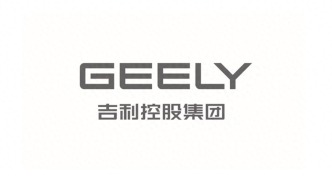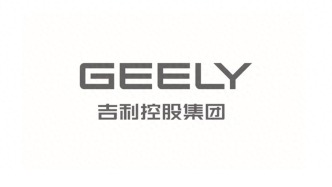
The situation in which overseas brands are treading on thin ice in the Chinese market has spread to super luxury brands; the road to Chinese brands going overseas has not been smooth sailing either.
At the same time, the verbal battles among domestic automakers are becoming more and more intense. Various situations together constitute the various aspects of the automotive industry.
BYD and Geely engine thermal efficiency competition
Event Overview : Recently, the heads of the brand departments of BYD and Geely had an online debate about whose engine has the highest thermal efficiency. The two companies posted their "Energy Efficiency Star" certifications issued by the China Automotive Technology and Research Center. BYD first posted its 46.06% thermal efficiency certification, and Xu Dongwei, general manager of Geely's brand center, said that last year they had an engine with a thermal efficiency of 46.1%. BYD immediately responded that it has mass-produced technology, and if it is compared with "futures", then it has an engine with a thermal efficiency of 46.5% that will soon be mass-produced.
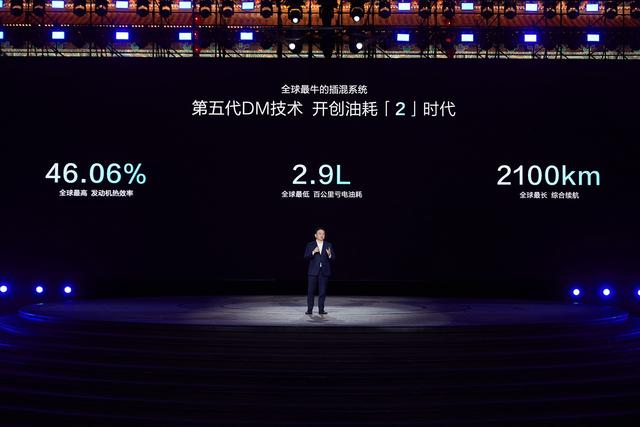
BYD releases fifth-generation DM technology
Comment : In recent years, the thermal efficiency of engines of domestic automobile brands has indeed made great progress. Thanks to the strong parts supply chain, the hardware level of the parts in the engine can reach the international leading level under the premise of the same cost.
In terms of engine thermal efficiency, a lot of systematic work is required for every 1% increase, but there are also traces to follow. Thermal efficiency is not magic, and the upper limit of thermal efficiency that can be achieved under a specific technical solution is predictable. Currently mature means include high compression ratio, high tumble ratio design, Miller or Atkinson cycle, high-pressure direct injection with variable fuel pressure, DLC coating and OW-20 oil and other friction reduction methods, dual electric VVT for intake and exhaust, internal and external EGR, etc.
In the past, Toyota's 40% thermal efficiency engine was considered to have reached the top. Now, BYD's 46% thermal efficiency verified at the China Automotive Technology and Research Center looks very cool and has a certain reference value, but this is the theoretical upper limit that the test engine can achieve under specific test conditions, and it is very likely that it will not reach the perfect working condition in practice.
On the other hand, it is well known that CATARC is not a regulatory agency, and these certification projects are its revenue-generating business. To put it bluntly, the car companies actively paid for them, and the results are not bound by law. Therefore, whether it is Geely's 46.1% or BYD's 46.5%, the agency's data is a paid service provided to the OEMs, and it will not be responsible for consumers.
What’s even more interesting is that, at a time when smart electric vehicles are the norm, we are so obsessed with the technical indicators of engines.
It is suggested that instead of indulging in digital games, it is better to talk about technology from the perspective of consumer needs.
Porsche dealers protest high sales targets
Event overview: On the evening of May 27, Porsche China officially released a "Joint Statement from Porsche China and All Authorized Dealers", stating that the current automotive industry is undergoing unprecedented major changes, and Porsche China and its dealers are facing a number of complex issues, with opportunities and challenges coexisting.
The statement said that Porsche China and all authorized dealers have always maintained a long-term, trustful and normal dialogue mechanism. Through full discussion, they jointly seek effective ways to actively respond to market changes and find new opportunities in challenges. These discussions involve many aspects, including but not limited to business policies, local customer insights, customer service, and electrification transformation and many other key areas.
Previously, it was reported online that at the Porsche China Dealer Conference earlier this year, three Porsche China dealers, mainly Sunfonda, Baideli and Meidong Group, had objections to this year's sales tasks, but they were not properly resolved.
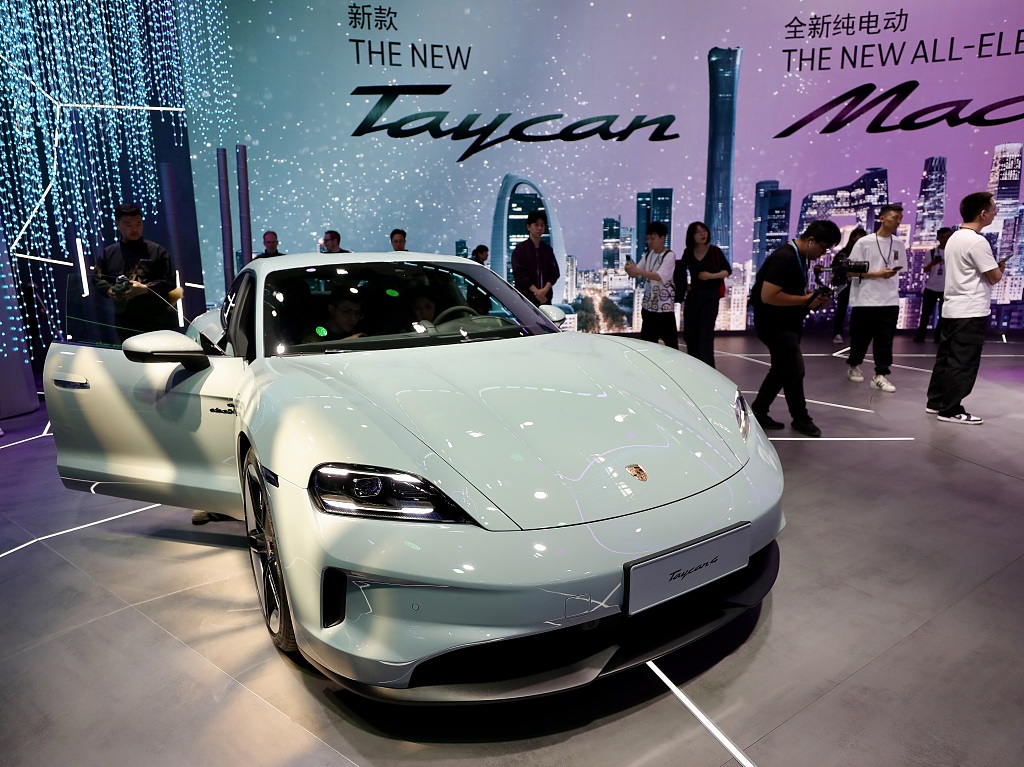
April 25, 2024, Beijing International Auto Show, Porsche sports car booth.
Comment : While European and American automakers are strengthening their image of "in China, for China" in the era of smart electric vehicles, Stuttgart sports car manufacturer Porsche is tasting the bitter fruit of its arrogant attitude towards the Chinese market.
Porsche's global sales in 2023 will be 320,000 vehicles, a year-on-year increase of 3%. Sales in the Chinese market were 79,000 vehicles, a year-on-year decrease of 15%, making the Chinese market the only market in which the brand has declined. In the first quarter of this year, Porsche delivered 16,430 vehicles in China, a year-on-year decrease of 25%.
Driven by the triple factors of product line changes, declining sales and manufacturers' inventory pressure, some Porsche models can be discounted by 30% or even more at dealers.
The eye-catching appearance and intoxicating sound have been drowned out by the wave of intelligent electrification in China. Adding a carefully designed hybrid system to the legendary 911 cannot soothe the anxiety and anger of dealers who are overstocked.
Porsche, which is not slow in electrification, has not grasped the real needs of Chinese users for electric vehicles - comfort, family, and intelligence. Instead, it has forcibly grafted the beauty of ancient mechanical performance onto the Chinese market, which values autonomous driving and smart cockpits.
From the arrogance of rejecting domestic products on the grounds that German-made products have the best quality, to calling on dealers to "brush away the clouds and keep moving forward", Porsche is losing its fighting power in front of those who are "far ahead".
Great Wall closes European headquarters
Event Overview : According to media reports, Great Wall Motors will close its European headquarters in Munich, Germany, and this move will take effect on August 31. At that time, Great Wall Motors Europe will lay off all employees including the management team, involving 100 layoffs.
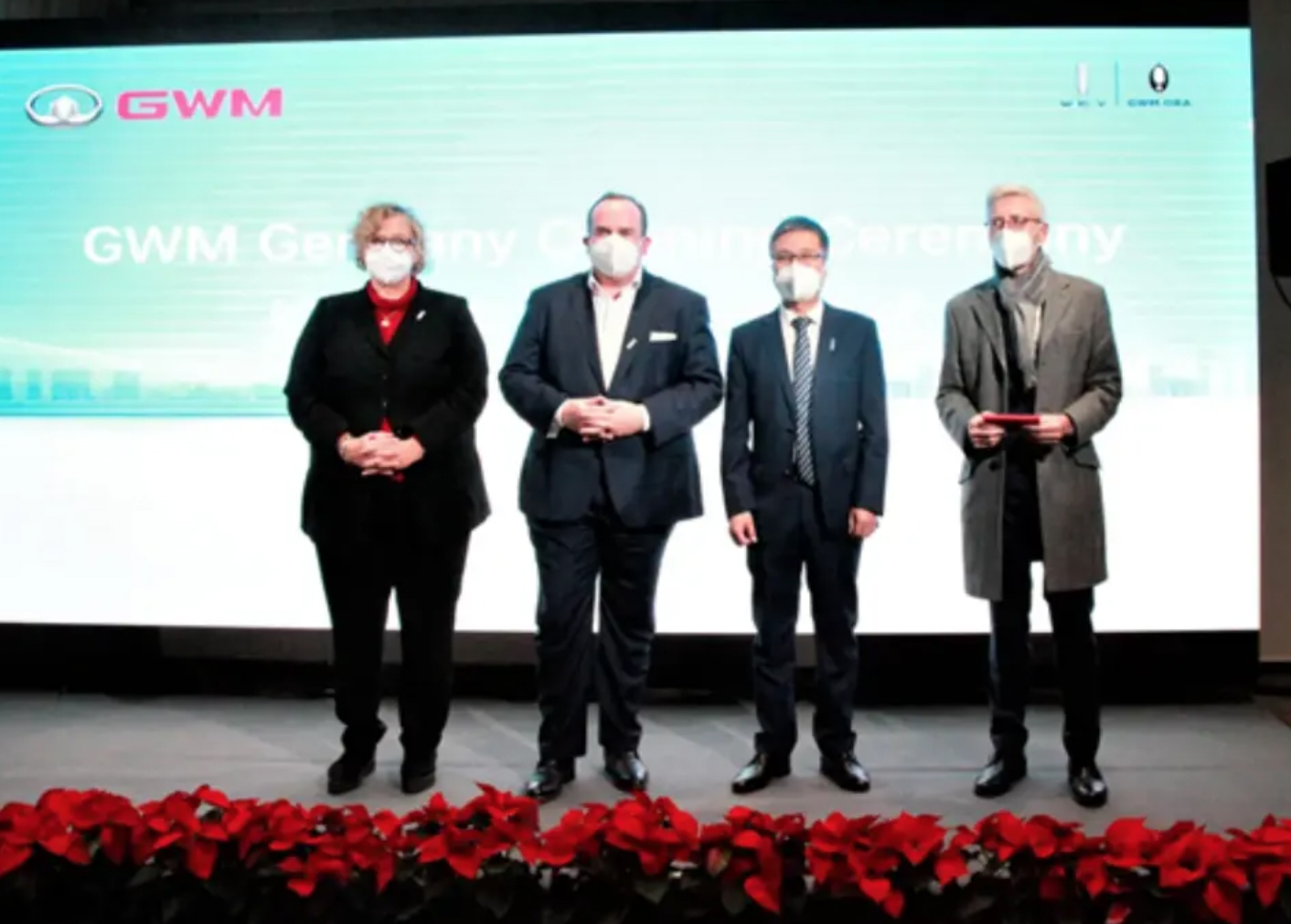
Comment : Great Wall Motors is facing a bottleneck in its development in Europe. According to European market research firm Dataforce, Great Wall Motors sold 1,621 vehicles in the European market from January to April 2024. Although it increased by 147% year-on-year, its overall scale in the European market is still small.
According to official data from Great Wall Motors, Great Wall Motors' overseas sales from January to April 2024 were 128,919 units, with the European market accounting for only 1%.
Just like European automakers such as Renault and Stellantis that adopt light asset operations in China, Great Wall Motors will continue to develop in existing markets, including Germany, the United Kingdom, Ireland, Sweden and Israel, but its European business will be managed by its headquarters in China.
As the saying goes, a dormant dragon is useless. Under the tariff stick and anti-subsidy investigations against Chinese electric vehicles in Europe and the United States, it is logical for Great Wall Motors to choose to "lie dormant" temporarily.
But Great Wall Motors did not choose to "surrender", but planned to save the country by exporting internal combustion engines to Europe. After all, the strength of China's automotive supply chain is not limited to electric vehicles.

